Search engines consist of computer algorithms that make decisions based on very black-and-white indicators.
Some of those indicators are secrets, but many of them are clear and right out in the open.
I invite you to read my step-by-step guide on SEO made simple to get a grip on the basics of how websites optimize for search engines.
Once you understand concepts like keyword positioning and meta tags, it’s time to sit down and write.
Content is the driver of SEO. It’s the material that a search engine uses to deliver relevant search results for consumers.
When someone searches for information related to your business, you want them to find you.
Luckily, you can hone your writing skills in the context of SEO so that your content strategy starts to pay off.
Once your skills are on point, you will naturally produce amazing SEO copy.
These are the following 10 skills you need to be an amazing SEO copywriter.
Skill #1: Be people-focused
First, you need to understand that writing for SEO is not a strategy. Search engines are not going to use your content to do anything actionable.
You need to write for people.
Search engines update their algorithms frequently. You can do your best to stay ahead of each change and try to anticipate them.
But you’ll probably go crazy.
Here’s a look at some of the major evolutions of Google’s search environment over the past 20 years.
That’s only the surface.
SEO is a long-term game.
Each and every time that a search engine algorithm change comes along, there is only one assumption that is sure: It’s going to try to improve the way it connects people to information.
The more appropriate the information is for people, the more it will turn up in the SERPs.
So what does writing for people mean?
- Clear and precise information
- Not too many tangents to lose or confuse readers
- Actionable steps or insights
- Recent examples and statistics
Tangents are bad for SEO. The crawlers are not yet sophisticated enough to understand how an anecdote or side story can build context and support an argument.
They might only see unrelated content and think that the article doesn’t have anything to do with the subject.
Your rankings will suffer.
The solution is actually rather easy.
How do people find information?
They ask questions!
A search-engine query is essentially a question (even if it’s not posed as one in the search).
If you’re structuring your content around questions, you will start to naturally write for people and appeal to the ways in which they search for information.
Another pro tip for great SEO results is to add an FAQ section to your site and use it as a place to link to your other articles.
Here’s an example of a swimming pool installation company’s FAQ.
It could be common questions about the industry, your products, or your company.
The folks at River Pools answer general questions about pools that people might be searching for. Once they’ve attracted visitors, they can convert the sale.
Questions are only going to become more and more important with the rise of voice search and intelligent assistants. People are using Siri on their iPhones and Alexa on their Amazon Echo devices.
According to Google, 41% of U.S. adults already perform a voice search at least once per day. Plus, voice search is growing rapidly as personal assistants get more accurate at finding information.
And when a personal assistant gives a search result, it does not return multiple results like on a traditional SERP. It gives only one result.
It’s either you or not you.
If your writing is structured around questions, it will be a lot easier for search engines to connect you to people who are asking those same questions.
Skill #2: Create value
No matter the subject matter that your content focuses on, it has to create value for the person who is reading it.
When someone adds your article to their bookmarks, it’s a form of invisible flattery.
You could even turn that fact into a content-marketing goal: “Readers should bookmark my article.”
Creating value could mean giving people step-by-step instructions, new statistics, or a new way to approach an old problem.
For a good example, check out my article on how to launch a killer influencer marketing campaign.
It outlines every step for succeeding at influencer marketing, and for those who don’t have time to read or need the information now, they can bookmark it and come back to it when they need it.
Bookmarking is a lot like linking. Writing that creates value will naturally be referenced and linked to from other websites.
You may be thinking, “I vaguely remember Google making a change so that backlinks are no longer a part of the algorithm.”
You’re right and wrong.
The practice of harvesting backlinks as a mass SEO practice has been punished by Google’s recent algorithm changes.
Websites that had built up thousands of backlinks from link farms and fake sites had to spend time and money getting rid of those links or else wallow in the third and fourth page of search results.
But links are still one of the primary ways that search algorithms determine your Domain Authority. And Domain Authority is important.
Your Domain Authority assesses your website as a whole and tries to determine if it is really an authority on the web or if it’s just an amateur blog.
Domain Authority is concerned with links, but not just quantity. The quality of links matters just as much — if not more. “Who is linking to you?” is the new “how many links are pointing to you?”
SEO experts MOZ have developed a very practical tool bar that lets you see the Domain and Page Authority for any website.
You can add the MOZ bar easily to your Chrome browser.
Go to the Chrome Web Store.
Search for “MOZ bar” in the search field.
Then click the Add to Chrome button.
The MOZ bar extension will be added and you will see the blue M button in the top right of your Chrome window.
The first time you use the MOZ bar, you will have to create an account.
Once your account is created, you can use the MOZ toolbar to see the Domain and Page Authority for any website. The Domain Authority is “DA.”
Established sites like The Wall Street Journal have a Domain Authority near 100.
Newer sites need to quickly establish themselves in order to be referenced rapidly in search results. As you can see, my Domain Authority is 82.
As a general rule, anything over 50 is pretty good.
If you’re struggling down in the 30s, you have to work on raising your score. Taking the time to boost your domain authority can give you a massive bump in the SERPs.
You can also use social shares as a metric for measuring your content-marketing success. How many times does an article get shared on Twitter, Facebook, Instagram, and other social networks?
Content that is not shared on social media is content that often will not perform well in search.
You need to create content that triggers people to click the share button. When it comes to shares, you can never have too many.
If someone reads your post and shrugs their shoulders, they will not share.
Chances are good that the article didn’t deliver something of value.
Human beings are programmed to share. We like to tell other people when we find something valuable, educational, or entertaining.
The nature of sharing plays in your favor, so if people are not sharing your content, you should reassess your approach to providing value.
Skill #3: Stay on top of trends
You could be creating some incredible content that definitely has value and is people-focused. However, if your topic is in too small a niche, people might not even search for it to begin with.
What good is SEO if there are no searches in the first place?
Great SEO copywriters stay on top of trends like a surfer rides a wave.
Stay a little bit ahead of the wave so that the movement of the water pushes you forward.
Try to hop on the wave too late, and you won’t get pushed along at all.
This is exactly the same in SEO. Trends rise and fall like waves, and search engines are constantly trying to figure out who to reference.
When you catch a trend early and publish content just as it starts to gain traction, people will read your content, share it, and link to it.
Great writers find ways to get into that position.
Use Google Trends to search for topics that are gaining interest. Here’s an example that analyzes the keyword “data science,” which is definitely something that’s trending and steadily increasing.
You should also pre-screen topics to make sure that interest isn’t declining.
For example, you might think that Snapchat filters are all the rage, but in fact, over the past year, the search term “snapchat filters” has started to decline.
Additionally, you don’t want to settle for just one search method. Use a word cloud technique to find related searches and phrases that people have used.
Language is surprisingly flexible, and there are limitless ways to describe different things. When people are searching for something on the web, they are looking for information, so by definition, they won’t know everything about a topic.
They might not even know its official name!
Google Trends lets you compare different search terms to make sure you are using the right terminology to capitalize on the maximum potential traffic.
Take a look at this example between “perfume” and “fragrance.” As you can see, perfume vastly outperforms fragrance in terms of search volume.
So if you’re creating content based around fragrances, you should make sure that you’re using the word perfume, as well.
Skill #4: Be a constant researcher
Another way to be amazing at SEO copywriting is to be a constant researcher.
Content that performs well is content that helps people, and your job as a copywriter is to connect people with the right information.
There is the information that you will synthesize and present. There is information that comes from your personal experiences. And then there is information that backs up your arguments and comes from other sources.
This is where the constant research comes in. You should be bookmarking every interesting article that you find.
Use a program like Evernote or Pocket to clip interesting bits of articles so that you can immediately find them and reference them.
Evernote offers a web clipper tool for Chrome that will save you tons of time.
Add it to your Chrome browser and, whenever you find interesting information, click the web clipper button.
The black menu will appear, and you can capture screenshots, a full page, or the text of an article.
Then you can organize it according to notes and tags.
If you’re constantly reading and amassing content from legitimate sources for information, your organization of content in Evernote will help you naturally structure your upcoming content.
Skill #5: Establish authority
Going back to Domain Authority, this is critical for the positioning of keywords.
If you only have a few articles on a subject, search engines will not consider you an authority or a worthy destination to send traffic to.
You need to build content around a keyword and find ways to fill in the gaps of knowledge around this keyword, both in a positive and a negative sense.
Avoid straying too far from your content focus, as not only is it counterproductive, but you can risk watering down your message.
Authority is one of the fundamental goals of content marketing. As you build up your library of content, people who come along will start to associate you with reliable information.
When it comes time to complete a project or purchase a product, they will already have trust in your content.
They will come to you for information and buy what they need.
Domain Authority is simply an extension of the human phenomenon of trust.
A great trick to quickly establish authority in a field is to create a glossary and build it as part of your upper site architecture.
A glossary is highly useful for people who are looking for the definition of a particular word that might not be in a dictionary.
The more technical and complete you can make your glossary, the better. Then link out to all of your content from the glossary directly. This way, you can capture people with a quick answer and pull them into your more in-depth content.
Skill #6: Master the long form
If you’re looking for information on how to do something, would you prefer a quick 300-word blog post or an in-depth, 3,000-word, step-by-step guide?
Well, you’re reading this on my blog, so I’m assuming you prefer the latter!
Search engines also prefer in-depth content that really tackles a subject.
Short, punchy articles are good for magazines and celebrity gossip, but for content with value, it’s nearly impossible to deliver in a format so short.
According to Buffer, the optimal balance between length of content and attention span is content that takes 7 minutes to read.
If you’re struggling to add depth to your writing, you need to start with a plan.
- Create the outline of what you want to talk about and build from the middle.
- Don’t worry if you repeat information or say things in a different way.
- Write until you’ve said all you want to say.
- Make sure you connect each of your points logically.
It’s useless to write an introduction or conclusion until you’ve got the meat.
If your article is still on the short side, read your article again, this time looking for any assumptions you might have made.
An assumption means that you’ve referenced a word or concept that you assume your readers are familiar with.
Assumptions can be dangerous, so to be on the safe side, expand on any potentially confusing references. Your readers will thank you for it.
Skill #7: Build out your content strategically
I cannot overemphasize the importance of having a solid strategy.
Having a strategy helps you get through the low periods when it seems like your content isn’t working.
A strategy also helps you keep a level head when things start to go well.
And it’s essential to succeeding at SEO.
Why?
Here are a couple of reasons:
Keyword positioning
Building up positioning on keywords is hard. It’s already difficult to choose one keyword and be able to expand upon the subject over and over again with new material and new angles.
Too often, bloggers and websites start off with one keyword, but they end up abandoning it after a few months when they run out of things to say.
Don’t let this happen to you.
A great SEO copywriter will do the keyword research beforehand, using tools like Google’s Keyword Planner, to find the right keywords to focus on.
Then you build the content from there.
Come up with a list of topics and subjects that support that keyword. Make sure that you have enough topics so that you can keep up a regular content-production schedule for months and months to come.
Site architecture
In addition to the keyword strategy, you need to see how your site is organized. Content should be logically organized in a way that builds up your site’s architecture.
You don’t want articles to be associated with the wrong landing page. It could obscure the way that search engines view your pages.
Just like a physical building, a site’s content should stack up vertically throughout the architecture.
Regularity
Great SEO copywriters don’t push out all of their content at once. They built it strategically piece by piece until it is a solid foundation upon which to stand.
A bad SEO copywriter will write five articles one week and none for two weeks after that.
Why is that bad?
Because people don’t know when to come back, and the crawlers don’t know either.
Your rhythm will vary depending on your available time, the type of content you write, and your specific marketing goals. Just make sure that once you’ve established a rhythm, you stick to it.
Skill #8: Don’t just write on your own site — write everywhere
As I stated before, links are still super important, and there are many ways that you can build up links by yourself without having to ask someone from another site to post a link for you.
- Answer questions on Quora
- Comment on forum threads
- Create profiles on different sites and add your website URL
- Contribute to Wikipedia or Wikitravel
- Comment on other people’s sites and blogs
Great SEO copywriters are constantly getting their name out there and providing value.
Having conversations in comment threads is also a great way to hone your argumentative and persuasion skills.
It can help you see the holes in your arguments and the gaps in knowledge that you can address in future content.
Quora has turned into an excellent place for experts to offer their opinions. They can provide answers to a vast array of questions, and next to your name, you can put in your pitch.
Skill #9: Constantly be improving
Remember at the beginning when I told you about the MOZ toolbar and Domain Authority?
As you improve your writing and content, you should see your Domain Authority rise.
If it’s not going up, you need to evaluate how your content fits together.
- Is it clearly structured?
- Am I talking about content in the way that people are searching for it?
- Am I creating content that has value?
- Are people sharing my content, and when they are, what are they saying about it?
- Is my content clear?
Writing is a craft that you must work on daily in order to improve. The added complexity of copywriting for SEO means that sometimes the way that you want to write might not line up with the best way to write for search engines.
In today’s world, you’re going to have to let that go. There is no better way to improve than by testing.
Add your URL to my SEO Analyzer to find your weak points.
Once you know your weak points, you can determine strategies to test and ways to improve.
Skill #10: Write incredible headlines
All of this work — organization, strategy, creating value, and testing — can mean nothing if you’re not writing headlines that make people want to click.
It could be very depressing, but the reality is that 8 out of 10 people will read your headline and only 2 out of 10 people will read your article.
Headlines are very important for SEO, too. And what’s really tricky here is that headlines that work for SEO might not be headlines that get people to click.
So you have to find a balance.
Think about what people are searching for, like “skills needed to be an SEO copywriter.” This is keyword-focused (SEO, copywriting) and friendly to search engines.
But the title certainly doesn’t jump out at you, and when it’s presented on a search results page amongst other options, the headline isn’t doing a lot to make people click.
One approach is to slap an “amazing” in there. Anyone searching for being an SEO copywriter would probably rather be an amazing SEO copywriter than just a regular SEO copywriter (or so I would hope).
Whatever you decided to do, the important thing is to find a healthy balance between how people search for information and what gets them to click on your articles.
There are some best practices that you should be aware of, like using a number in the headline and addressing the reader directly.
You can read my step-by-step guide to writing powerful headlines for even more ideas and information.
Once you find this balance, it will seem much more natural!
Conclusion
One day, search engines might become as complex as the human brain, complete with emotions and creativity.
When that day comes, you might not have to think about SEO as much.
Until then, if you want people to find your content, you need to nail the basics.
Hone your skills, practice writing for people, and conduct lots of research. Before long, you’ll become an amazing SEO copywriter.
What have you done to improve your SEO copywriting skills?

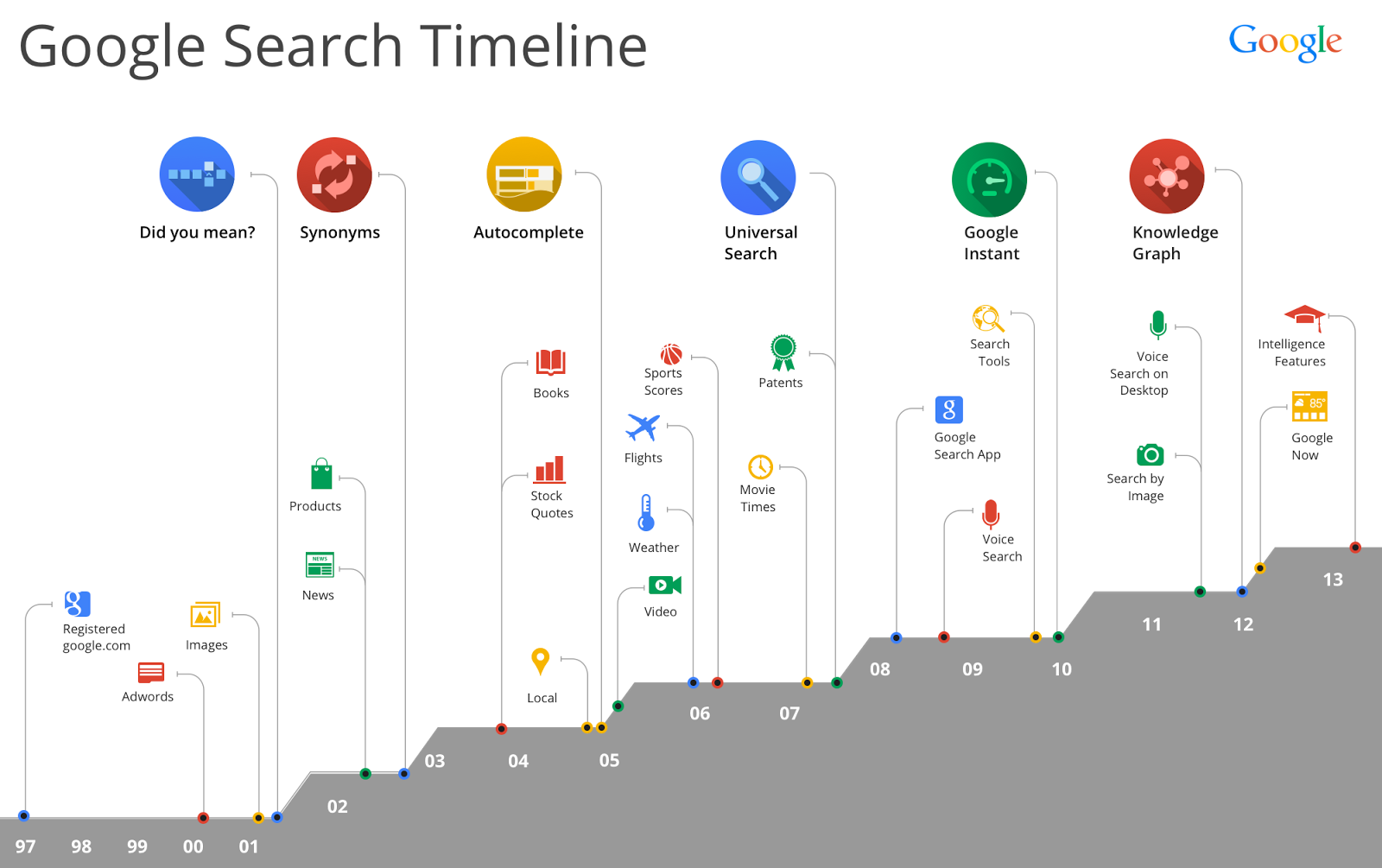
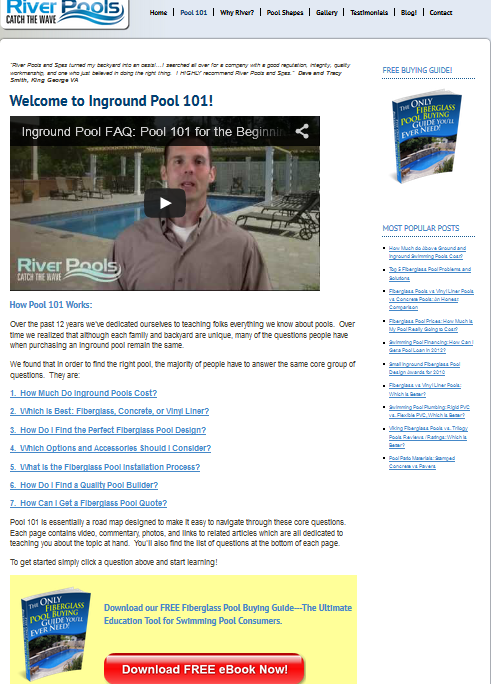

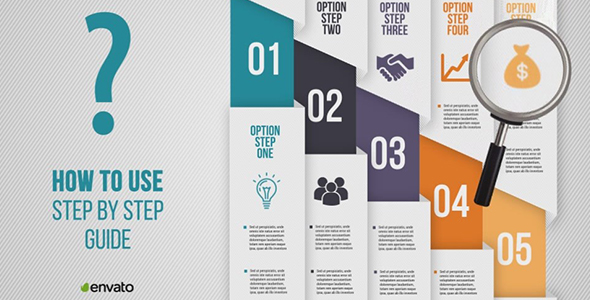


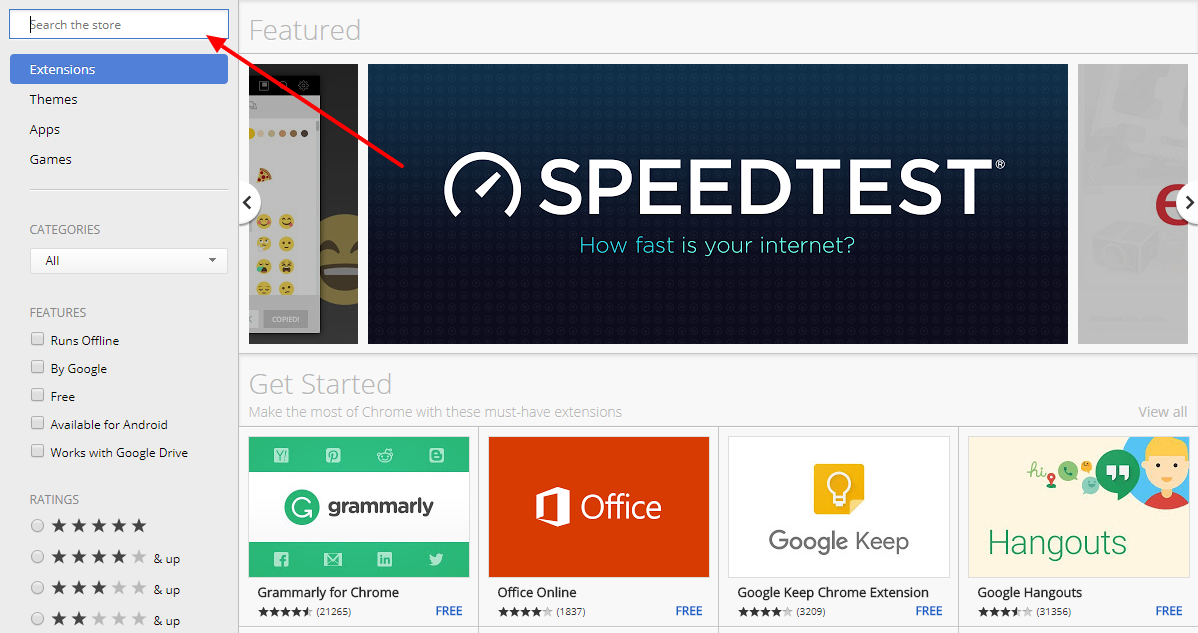
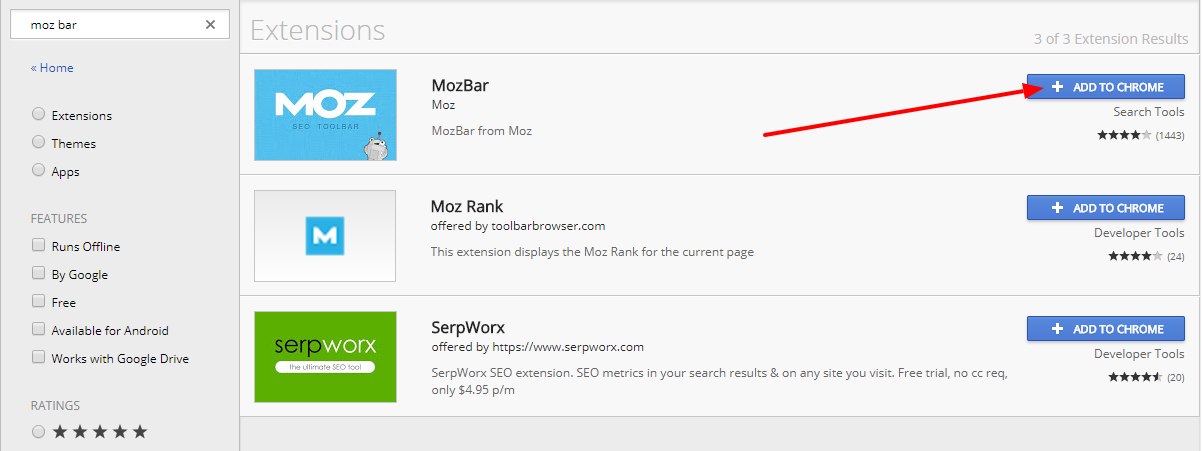






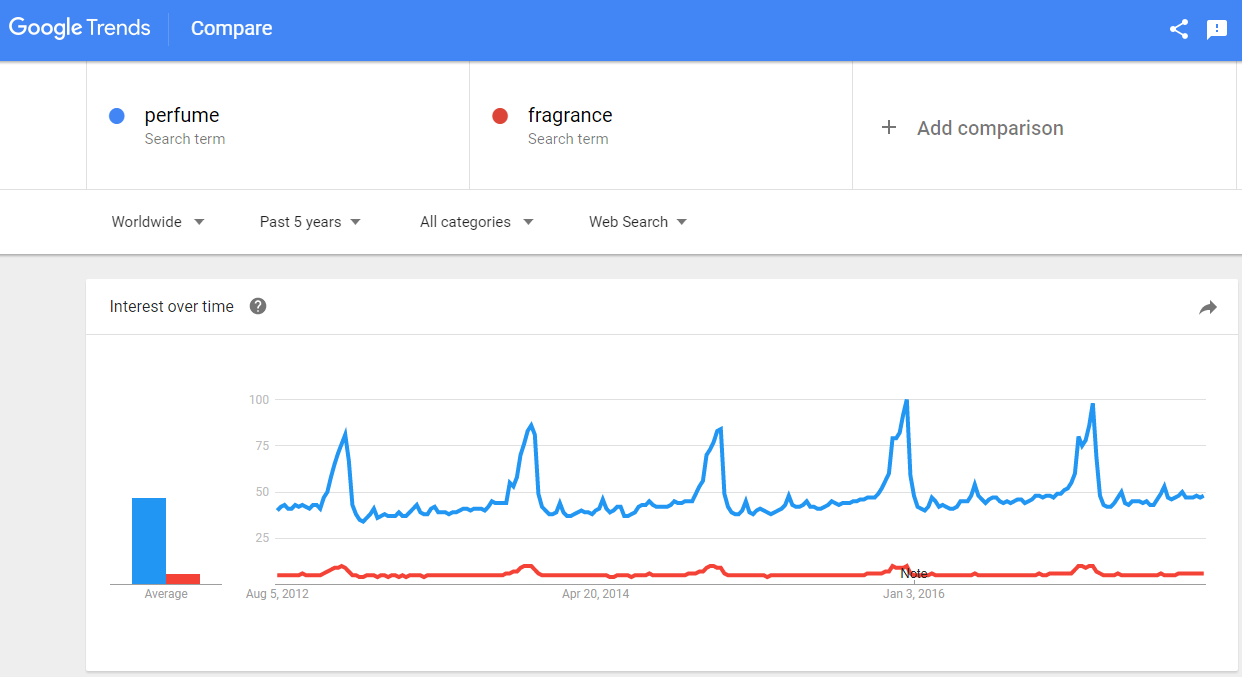

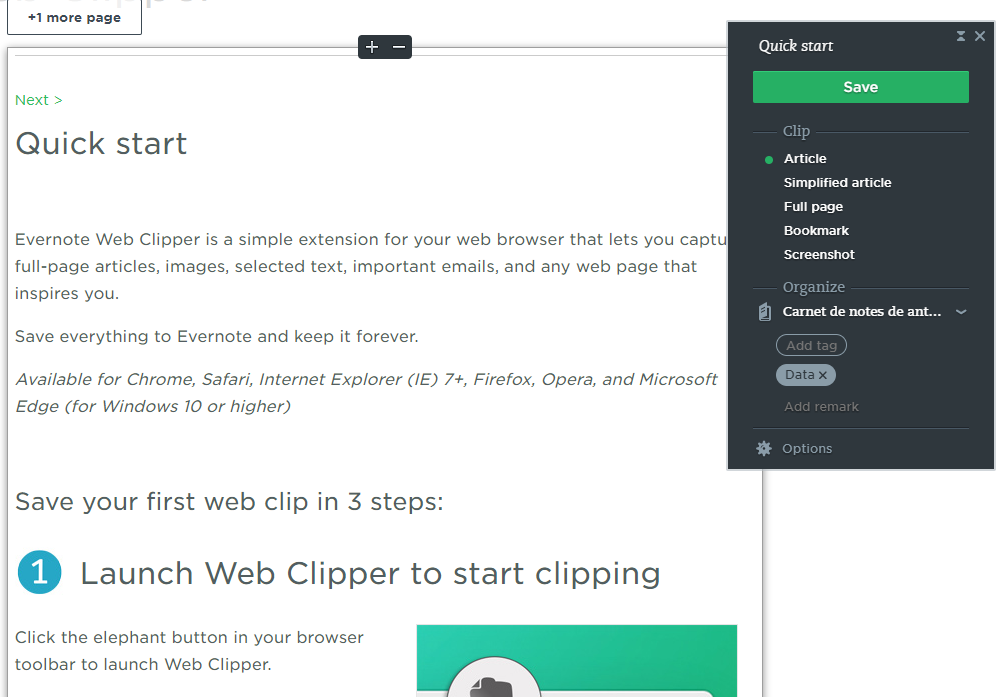


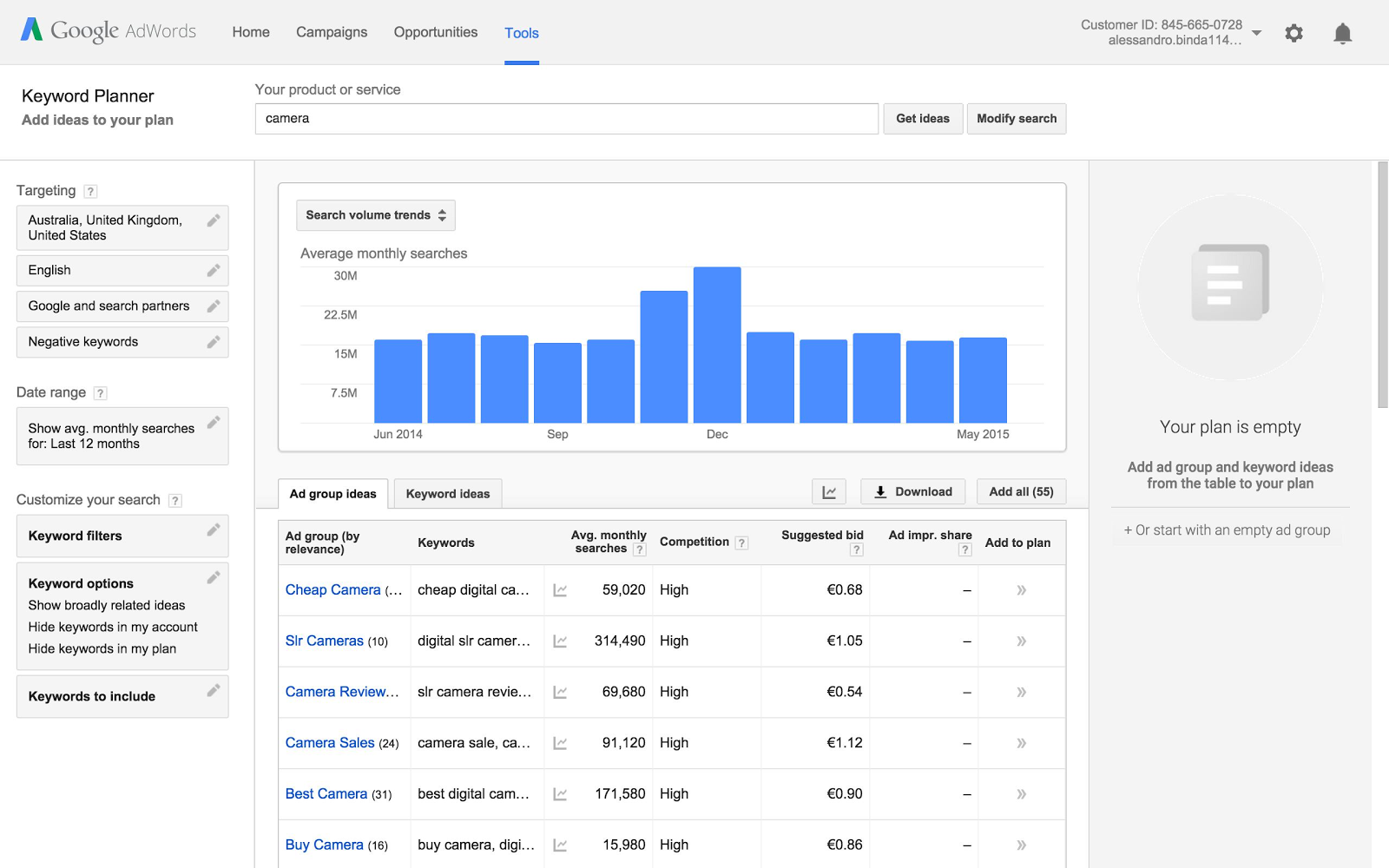
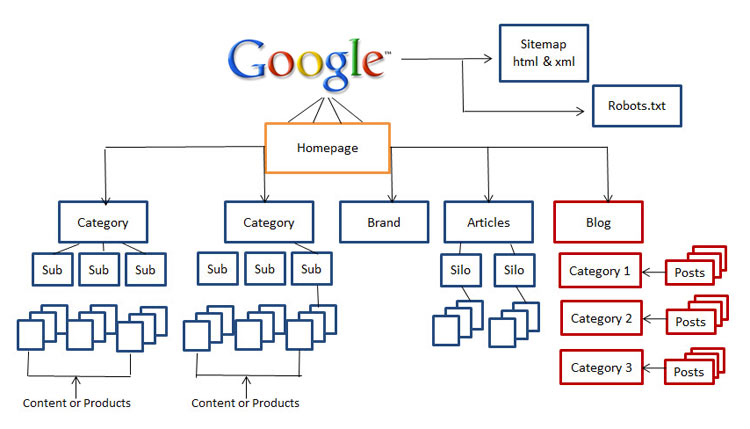
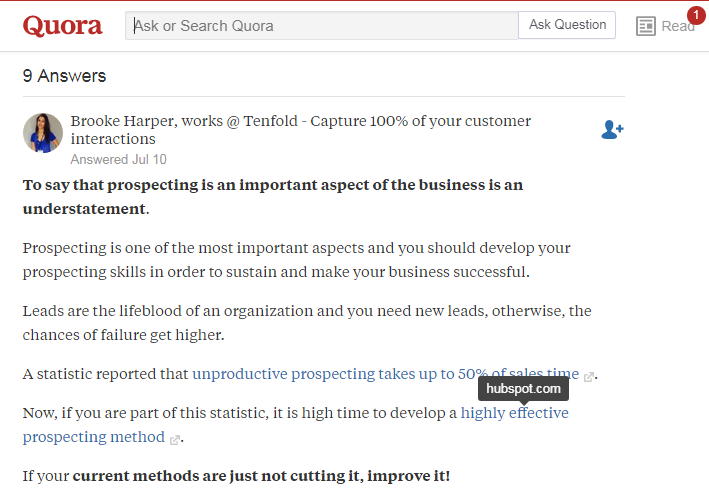

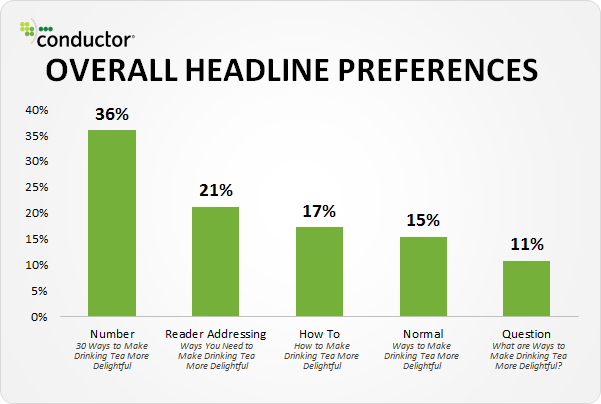
Comments (10)